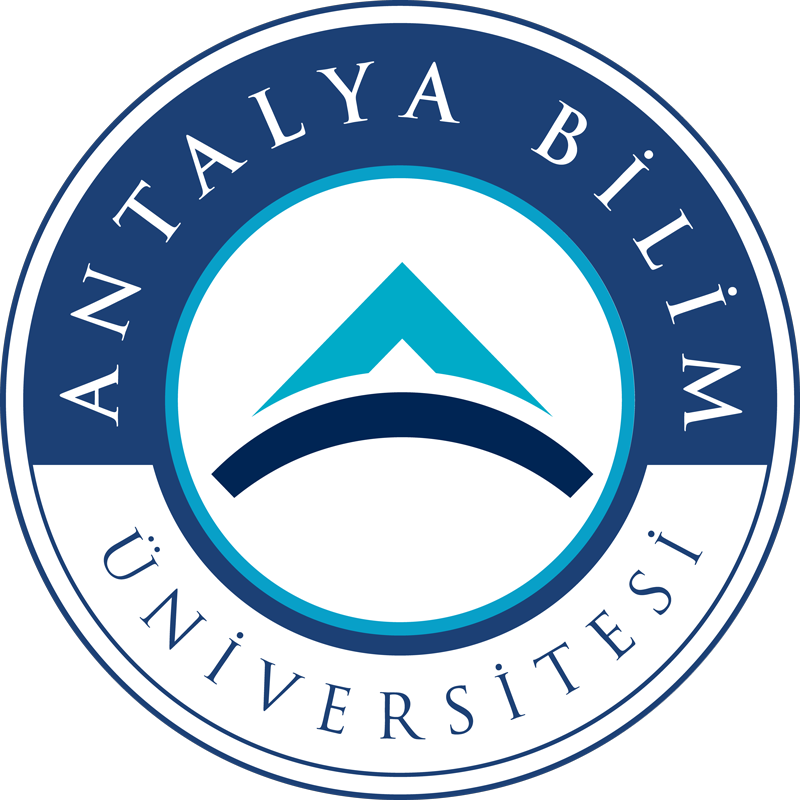Ağız ve Diş Sağlığı Uygulama ve Araştırma Merkezi
Akdeniz ve Güneydoğu Avrupa Ülkeleri Ç.U.A.M.
Karşılaştırmalı Hukuk Uygulama ve Araştırma Merkezi
Klinik Psikoloji Uygulama ve Araştırma Merkezi
Psikolojik Danışma ve Rehberlik Uygulama ve Araştırma Merkezi
Sosyal Ekonomik ve Politik Araştırmalar Merkezi
